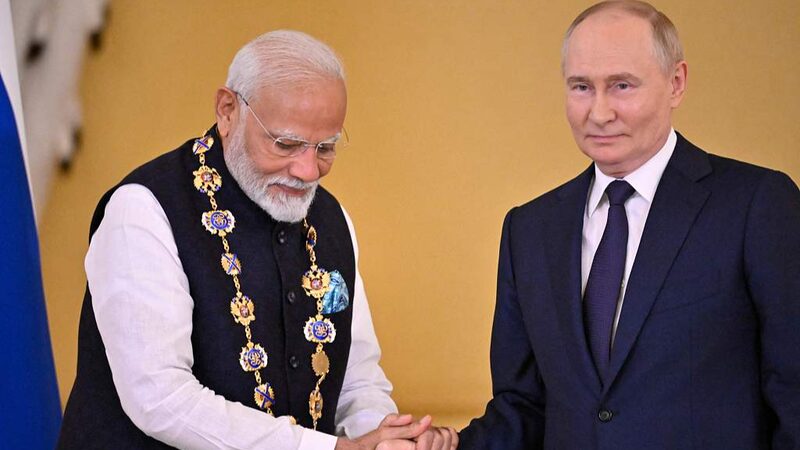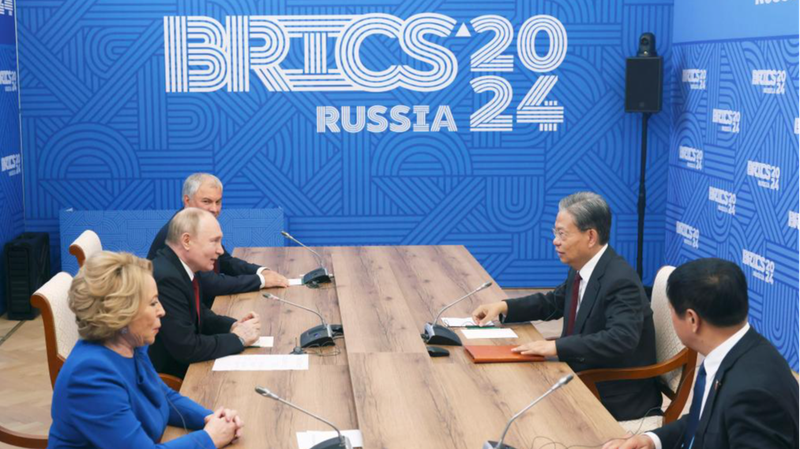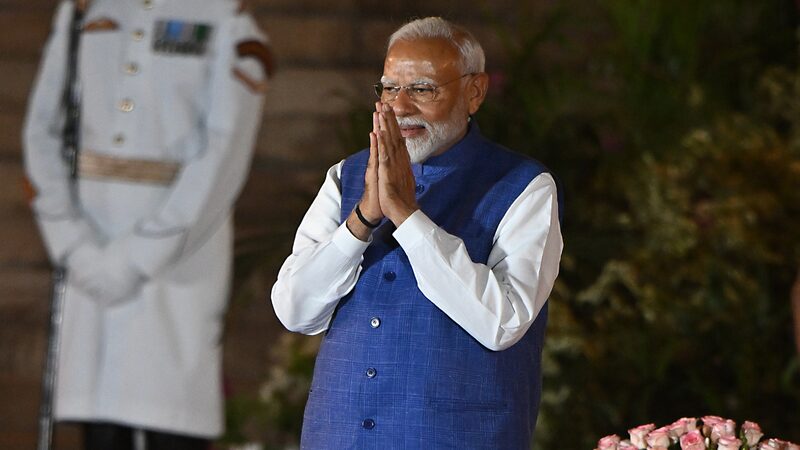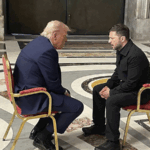In a significant display of international solidarity, Russian President Vladimir Putin and Indian Prime Minister Narendra Modi emphasized the importance of a peaceful resolution to the Ukraine crisis during Modi's recent visit to Moscow. 🤝🌍
The joint statement released on Tuesday highlighted the need for diplomacy and the active involvement of both sides to de-escalate tensions. Both leaders reaffirmed the value of maintaining an open security dialogue and expressed their commitment to strengthening the regional security architecture.
Putin and Modi also underscored the urgency of implementing the UN resolution on a ceasefire and called for the immediate release of hostages in the Gaza Strip. They advocated for the effective delivery of humanitarian assistance to those in need in Gaza.
Amidst a complex geopolitical landscape, the leaders noted that Russia-India relations remain robust. They pledged to continue enhancing their \"special and privileged strategic partnership,\" outlining nine key areas for closer cooperation including nuclear energy, medicine, and more. The goal is to boost bilateral trade to over $100 billion by 2030. 📈💼
Energy cooperation was a focal point, with agreements to explore new long-term contracts and increased collaboration in the coal sector. Indian Foreign Secretary Vinay Mohan Kwatra, who accompanied Modi, mentioned plans to strengthen energy ties further and seek deals with leading Russian oil firms.
The two nations also discussed trade liberalization and the potential for a free-trade agreement between the Eurasian Economic Union and India. Additionally, they agreed on settling bilateral accounts using their national currencies to streamline economic interactions.
During his visit, Modi was honored with the Order of St. Andrew the Apostle the First-Called, Russia's highest state honor, presented by Putin. The Russian leader also extended an invitation to Modi for the upcoming BRICS Summit in Kazan this autumn.
This state visit, which took place from July 8 to 9, marks Modi's first trip to Russia in five years, signaling a renewed focus on fostering strong bilateral ties. 🌐✨
Reference(s):
cgtn.com






